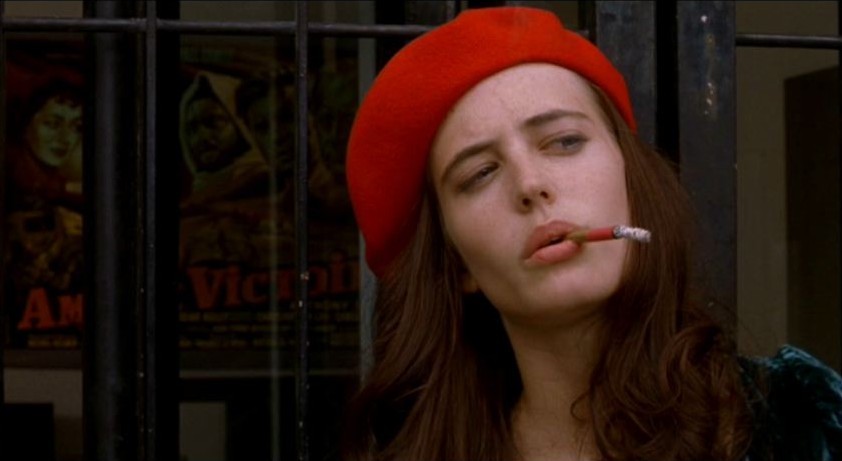"WONDER" THE 2013 FLATT PRIZE FOR SHORT AND EXPERIMENTAL FILM. FIRST PLACE $10,000
The theme for this year’s Flatt Prize for Short and Experimental Film is WONDER and we ask that your submissions be inspired by what this word means to you. The only creative rules are that your film represents a JOURNEY of some kind, and does not exceed 2 MINUTES in length (not including end credits). All submissions should be originated by you and not previously submitted to other contests. Please refer the page links above for rules and uploading requirements. All entries will be viewed privately by our panel and will not viewed by the public until Flatt Prize has determined the winner. The deadline for entry is September 20th, 5pm (EST). The contest is open to international artists and filmmakers. Due to concerns over content, the minimum age for submission is 18yrs old. All levels of experience are welcome. An esteemed panel of artists, writers and filmmakers will judge the contest and their decision will be announced in October 2013. As WONDER evolves, we will be updating this site regularly with news and related events. Please submit any questions you have and we will do our best to help. Good luck!
September 20th is the last day to submit to our Flatt Prize for Short and Experimental Film!
OUR FLATT PRIZE IS STILL TAKING SUBMISSIONS THROUGH SEPTEMBER!
"Architecture is judged by eyes that see, by the head that turns, and the legs that walk. Architecture is not a synchronic phenomenon but a successive one, made up of pictures adding themselves one to the other, following each other in time and space, like music."
Embedded above is a captivating interview with Louis Malle conducted by famed Texan NBC 5 entertainment reporter Bobbie Wygant. Malle is being interviewed to promote his 1985 film Alamo Bay, which ended up being one of the most divisive films of his career. The footage appears to be a rough cut of the discussion—the session starts with Malle having a pre-interview conversation with Wygant, the screen cuts to color bars at one point, and the talk is briefly halted to address a spot where an edit could be made—but the quality of the video is supreme. Malle addresses the vitriol that followed the release of his movie (along with many others), filming with Vietnamese locals, and his tendency to make films that are “drastically different” from each other. —Spencer Everhart,
The Seventh Art"A critic remarked of one of Malle’s last films that it was lovely to look at, but lacked narrative drive. That was not always true of the rich variety of work turned out by this French director, but it became increasingly so since the early 1970s… Malle made a gloriously wide variety of films, underlining his own attempts to escape categorization and his denial of the ‘auteur’ theory." —David Quinlan (Quinlan’s Film Directors, 1999)"As the cresting new wave battered at the restrictions of conventional narrative technique, Malle created a personal style, sexual and emotional which was to sustain him while flashier colleagues failed. Of the new wave survivors, he is the most old-fashioned, the most erotic, and arguably, the most widely successful… If Truffaut turned into the René Clair of the new French cinema, Malle may yet become its Max Ophüls." —John Baxter (International Dictionary of Films and Filmmakers, 1991)"Although he began to work at the same time as the New Wave directors, he was a speculative, conventional talent: sophisticated and polished, but moving rather aimlessly from one subject to another, only rarely discovering more than entertainment in his films. Too often, his choice of material was overambitious or fashionable, and his working out of human situations melodramatic. At worst, he had a taste for glossy, commercial packages that masquerade as artiness, and it seemed reasonable to regard him as the successor to such proficient but shallow directors as Autant-Lara and Duvivier." —David Thomson (The New Biographical Dictionary of Film, 2002)"A workmanlike director who is always competent and sometimes brilliant. His Lacombe, Lucien (73) is a humanistic masterpiece of the 1970s, another Open City." —William R. Meyer (The Film Buff’s Catalog, 1978)"Filmmakers don’t work for posterity. We create with celluloid and chemical pigments that don’t last very long. They fade away. In 200 years there will be nothing left of our work but dust." —Louis Malle
What a great day to get out and enjoy this amazing city. Don’t forget, our Flatt Prize for Short and Experimental Film has been expanded through September!

(via futureoffilm)
Ahh, just looking at the snow makes it feel cooler…if only for a moment. Don’t forget about our Flatt Prize for Short and Experimental Film which has now been EXPANDED through September 20th.








Nenhum comentário:
Postar um comentário